The Wisdom of Winter: Learn outdoor tips on how to recreate responsibly
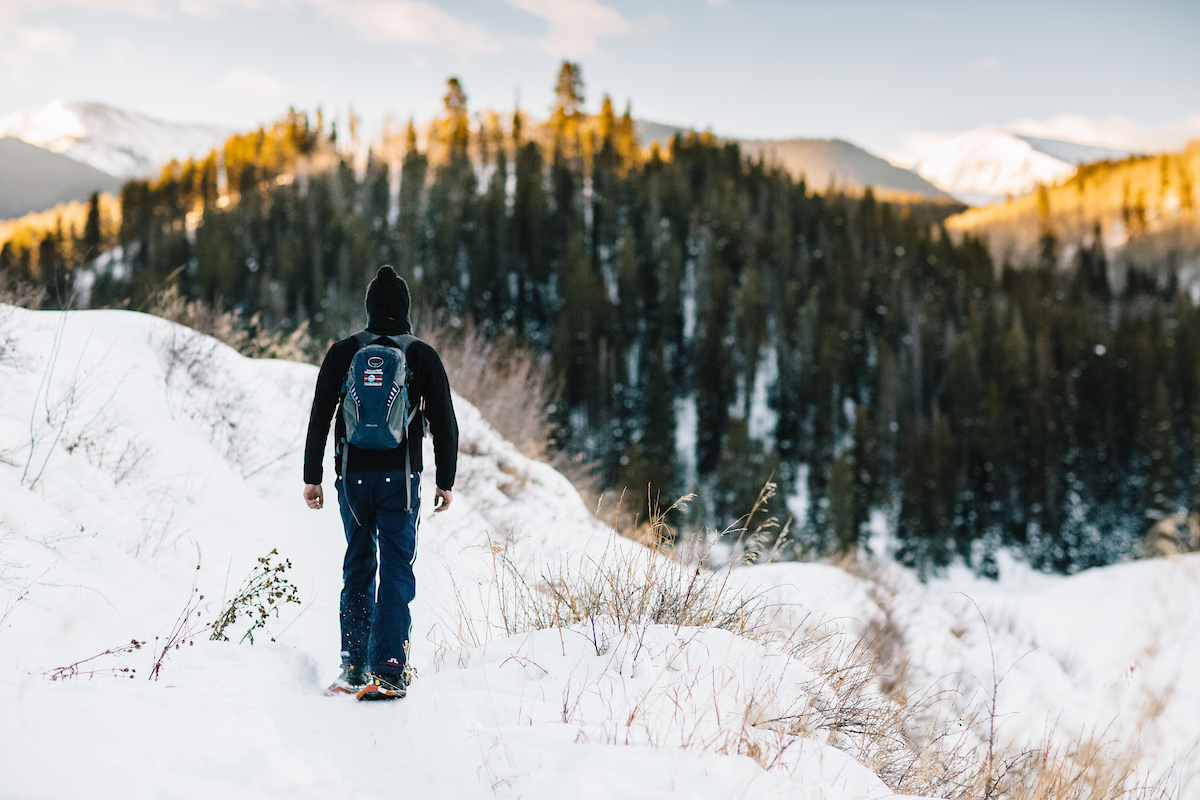
Description: Below are tips and resources from Colorado Parks and Wildlife (CPW) outdoor experts to help you plan winter fun and recreate responsibly. (Courtesy Photo)

The Wisdom of Winter: Learn Outdoor Tips on How to Recreate Responsibly
Colorado is a winter wonderland and a world-class destination for outdoor activities involving snow and ice. For those willing to explore in colder temperatures and leave the hibernation of home, Colorado state parks and state wildlife areas offer unique outdoor experiences like snowshoeing, ice fishing, snowmobiling, ice skating, wildlife watching, and cozying up in visitor centers while enjoying scenic views.
Venturing outside for winter recreation can be an exhilarating and unforgettable experience. But before you bundle up and head outside, knowing how to navigate Colorado’s extreme winter weather is a paramount first step in planning a winter adventure.
Below are tips and resources from Colorado Parks and Wildlife (CPW) outdoor experts to help you plan winter fun and recreate responsibly.
Know Before You Go
Colorado’s winter weather is unpredictable and changes quickly. Research your destination, weather, and road conditions before your trip.
- Check the weather forecast for where you are going before you depart and pack layers, sun protection, and appropriate footwear.
- Choose your destination based on the weather forecast and your activity based on your skill level and safety gear.
- Find a Colorado State Park Map and see what activities are available at each state park using the Colorado State Parks Guide (el folleto de parques en Español) or the online Park Finder Tool.
- Discover park events and classes on the CPW Events Calendar.
Backcountry and Avalanche Safety
Avalanches happen in Colorado, so planning ahead and monitoring the weather will ensure the safest time possible.
- Check the Colorado Avalanche Information Center (CAIC) Forecast to learn the Avalanche Danger Rating Scale, daily weather predictions, and avalanche advisory and warning information.
- Things won’t always go to plan, and you should be willing to stay home or pivot from your desired destination if conditions dictate.
- Be prepared for winter travel conditions. Ensure your car has winter-appropriate tires, and stock your vehicle with winter emergency gear, like extra-warm clothing, food, water, and a sleeping bag.
- Cell phones don’t always work in the backcountry, so bring paper maps and beacons in case of an emergency.
Stick To Trails
Walk on the designated trails — even if muddy, slushy, or icy to prevent erosion and disturbing wintering wildlife.
- Respecting trail closures is a must — they’re closed for a reason. Trails may be closed because they are dangerous during winter months or to protect wildlife from being disturbed by humans.
- Download the COTREX app to discover Colorado’s expansive network of trails and closure alerts.
Leave It As You Find It
Parking in designated areas is critical — undesignated parking can destroy vegetation and block outdoor first-responder vehicles in an emergency.
- Colorado’s trees provide shade and oxygen. Help keep them thriving by not carving into them or pulling down branches that may kill or disfigure them.
- Avoid stacking rocks because they play an essential role in stabilizing and protecting the erosion of trails.
Trash the Trash
Keep our winter playgrounds clean by not leaving any trash behind. Consider your responsibility to take action to protect our climate — today’s snow is tomorrow’s water.
- Pack it in, pack it out. Whatever you bring into the outdoors, take it out with you.
- Remove makeshift toilets from hunting camps that contain human waste, toilet paper, trash, or leftover camping gear.
- Don't leave pet waste bags on the trails or bury them in the snow.
Keep Wildlife Wild
Wildlife are extra vulnerable in the winter when their energy demands are high, temperatures are low, and food is scarce, but there’s a lot we can do to avoid disturbing them.
- Colorado has multiple big game species, including elk, mule deer, moose, and bighorn sheep. Winter disturbance or stress caused by humans jeopardizes these animals' ability to survive the following season and reduces females’ chances of successfully raising offspring.
- Watch and photograph wildlife from a safe distance to avoid startling them.
- Do not feed wildlife or approach young wildlife.
- Keep dogs leashed on trails to prevent them from chasing wildlife.
- Help reduce human-bear conflicts and be bear aware.
- Takedown hammocks, outdoor ropes, and other tangle hazards from your yard that may impact wildlife as they migrate this winter.
Be Careful with Fire
Although parts of Colorado have received high moisture levels this year, drought conditions still impact whether campfires are allowed or restricted this winter.
- Check fire restrictions or bans at www.coemergency.com.
- Use designated campfire areas when allowed and available.
- Put fires out with water until you can touch the embers.
- Never leave a campfire unattended.
Share our Trails and Parks
Being kind and considerate to others helps build more inclusive outdoor spaces.
- Be mindful of your group's noise level so everyone can appreciate our shared spaces.
- Get a $29 Keep Colorado Wild Pass to support local search and rescue teams and avalanche safety programs. Learn more at cpw.info/keepcoloradowild and cpw.info/keepcoloradowildpassspanish.
Follow SECO News on Facebook.
Subscribe to the SECO News YouTube Channel.
Press releases Sponsor

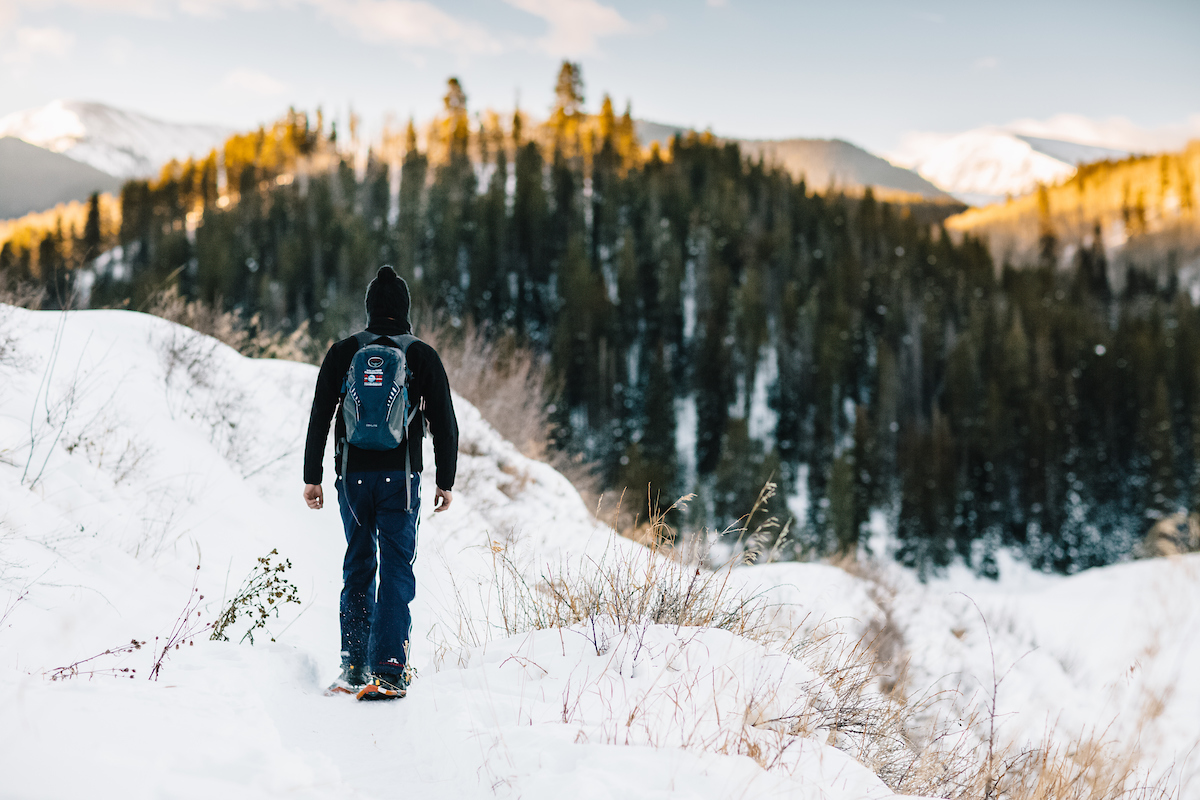
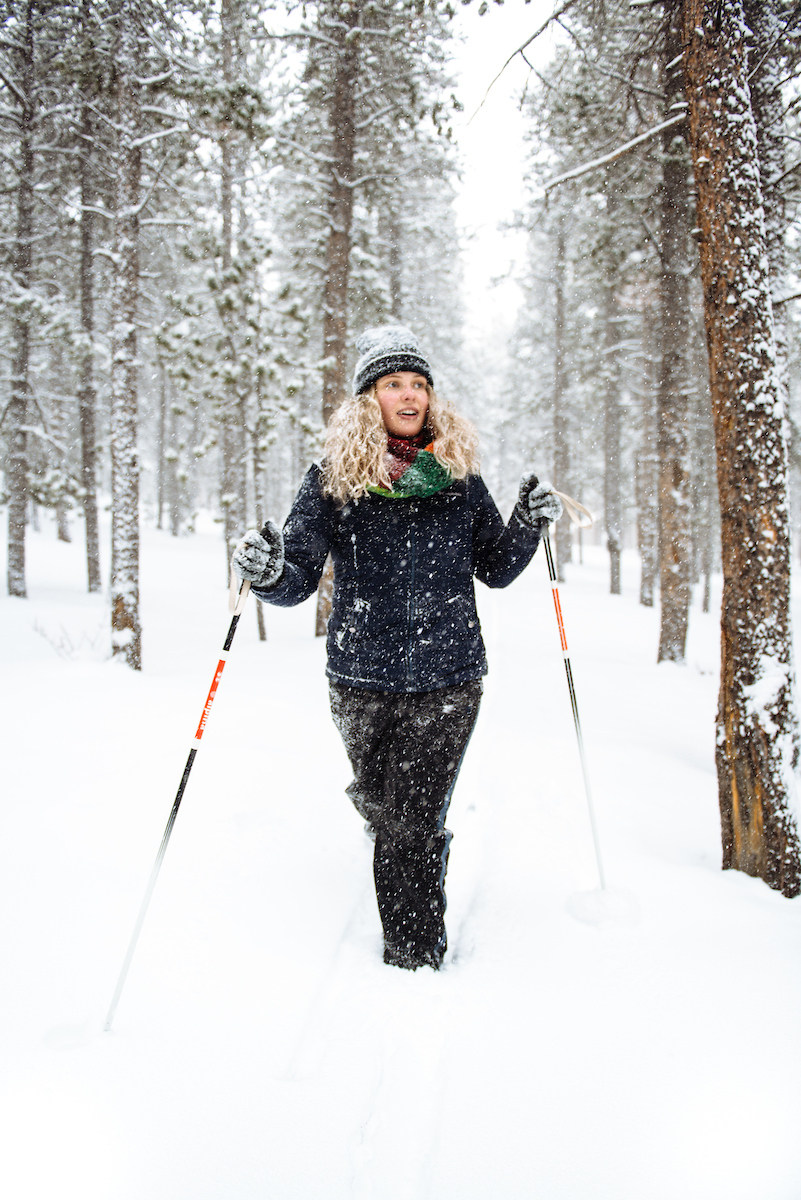
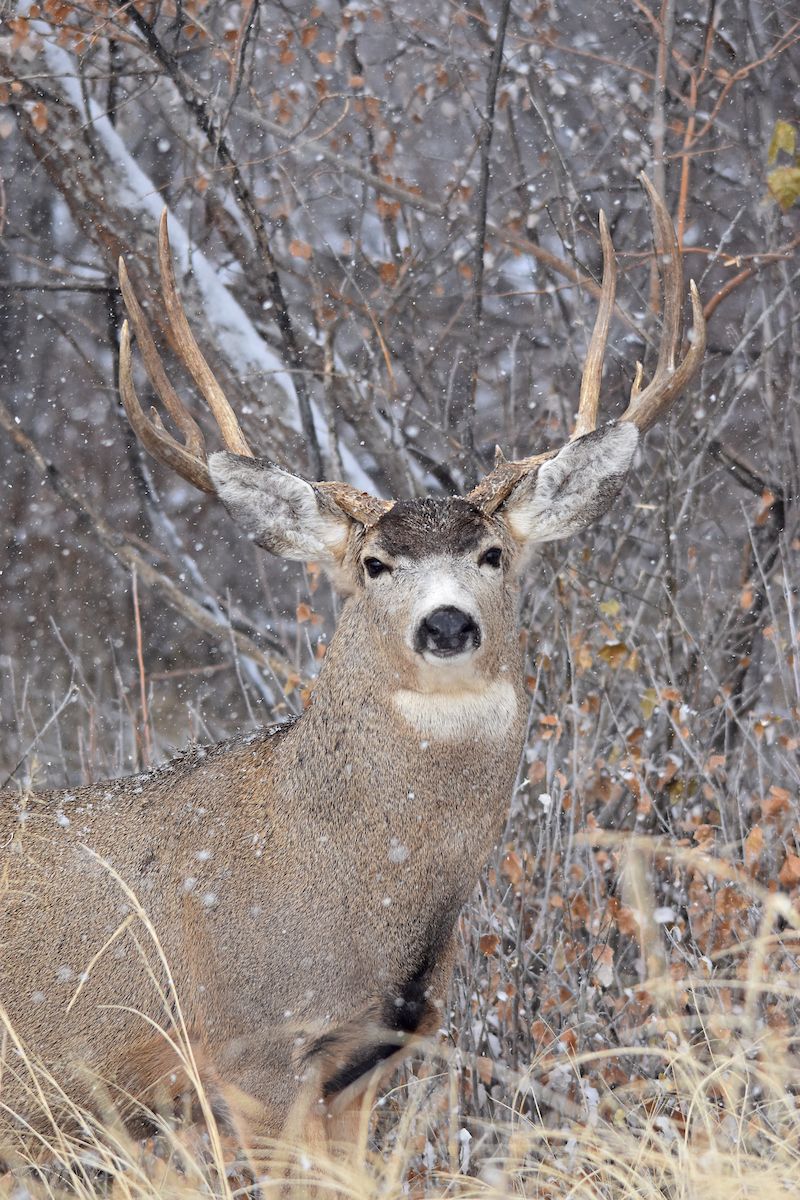
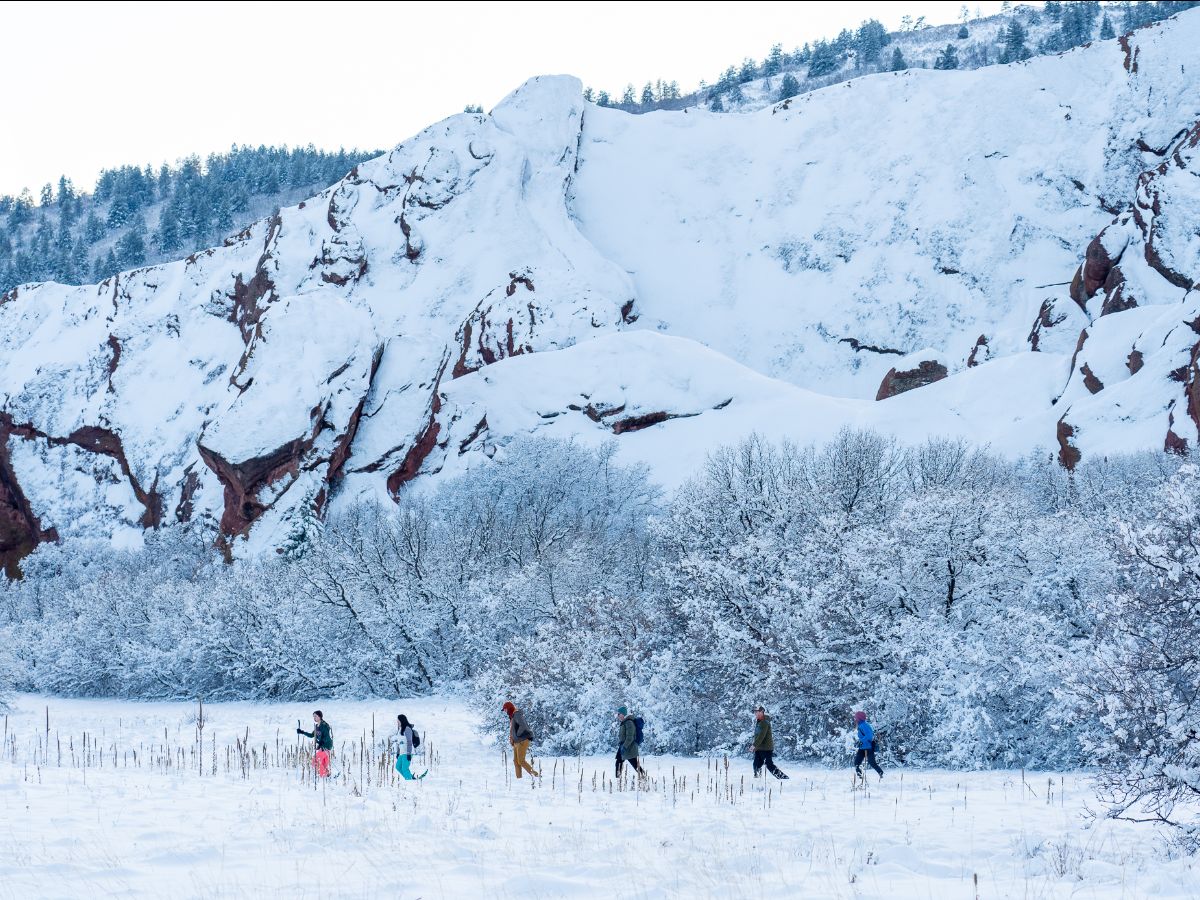



.png)


.png)




.png)



.png)


.png)







